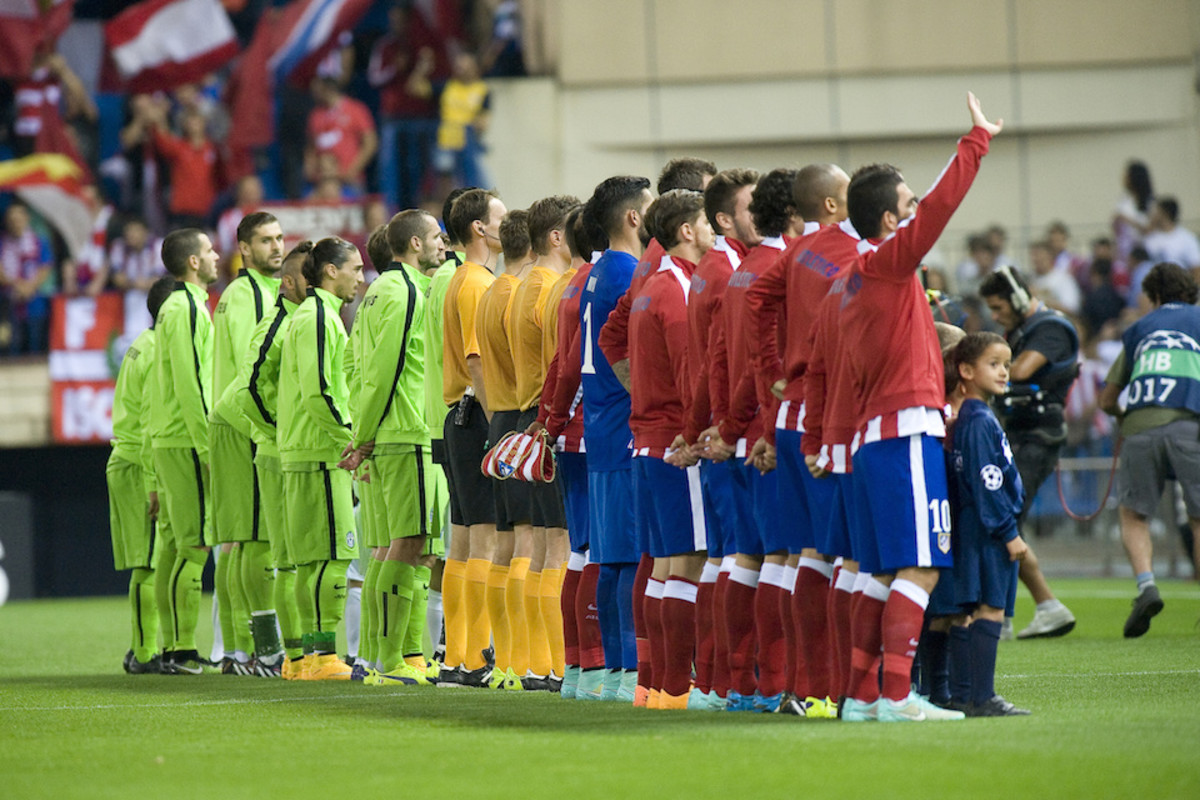UEFA Champions League changes seeding procedure
The Champions League is adopting a new seeding system to rank its teams, TheAssociated Press reports.
The new format will move away from the UEFA coefficient system, which seeds teams based on an agglomeration of their performance over the past five seasons. Instead, the new system will make only the winners of the highest-ranked leagues, and the current Champions League title holder, the highest seeded teams in the competition.
The new format must be ratified at a UEFA committee meeting in December before it officially goes into effect, UEFA general secretary Gianni Infantino told the Associated Press. Infantino added, "people had difficulties in understanding how the champion of a country is in a lower pot than the third ranked (team) in that country."
• WAHL: Rapid fire Q&A: Landon Donovan
An example of a team benefiting from the old Champions League seeding is Arsenal, which, buoyed by stronger Premier League results in the previous four seasons, was recently included in the top Champions League seeding pot despite only finishing fourth in the Premier League. Being seeded in the top tier of the Champions League can give teams a decided advantage, as it allows them to bypass facing the best teams until after the Champions League group stages.
The top six soccer leagues in addition to the English Premier League are currently Spain's La Liga, Germany's Bundesliga, Portugal's Primeira Liga, Italy's Serie A, France's Ligue 1 and the Russian Football Premier League.
- Will Green





